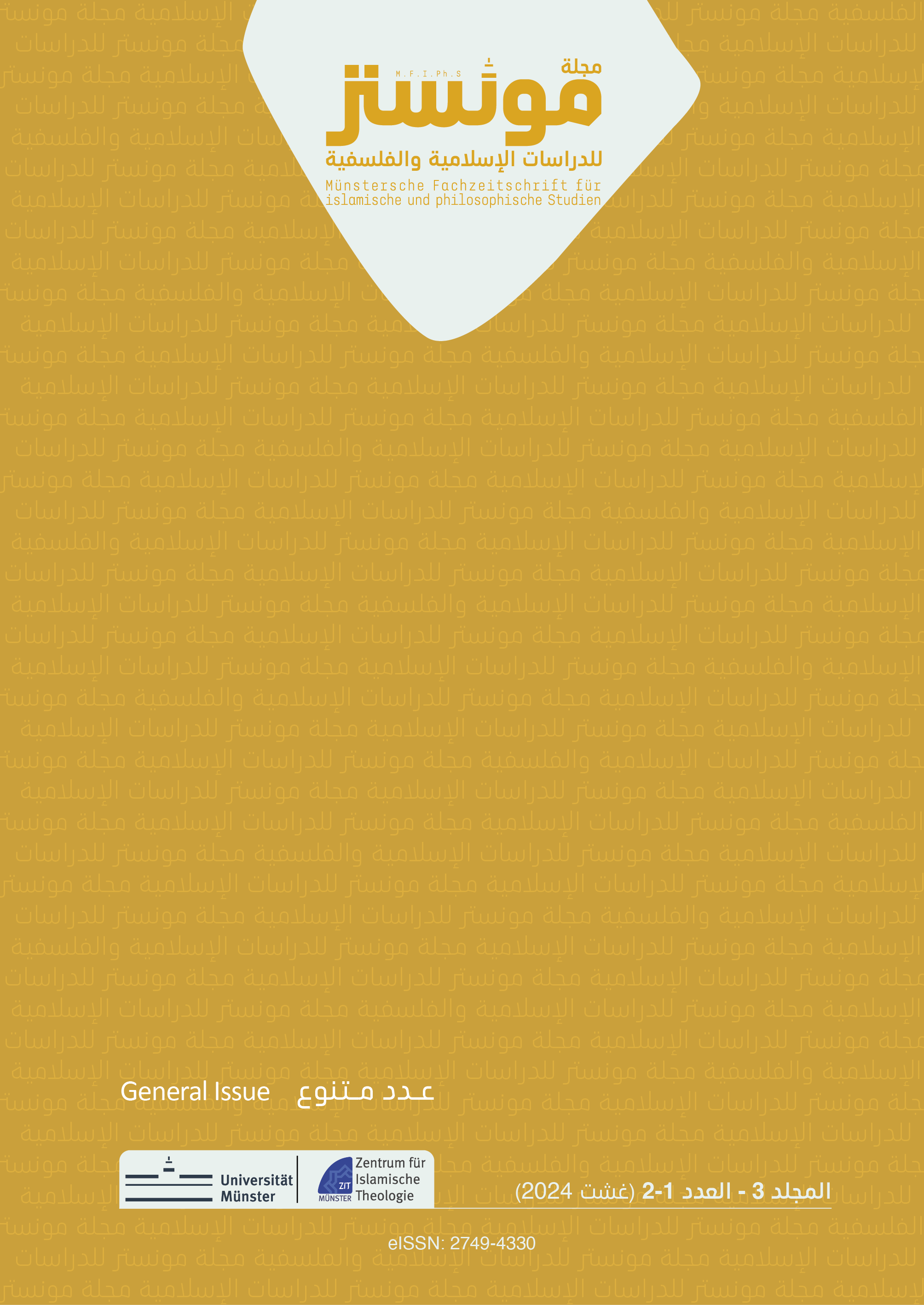Bridging the methodological gap between phenomenology and history
Raffaele Pettazzoni’s role in establishing the science of religions
Keywords:
Science of religions, Phenomenology, History, Method, PettazzoniAbstract
This study examines the significant contributions of the historian of religions Raffaele Pettazzoni, a prominent figure among the second-generation pioneers in the Science of Religion. This entails setting Pettazzoni’s contributions within the broader context of 19th-century Western cultural history, which experienced a crisis in the appropriate methodology for the study of religion. This crisis arose due to the devaluation of the sacred in Western life at that time, following the dominance of natural science and the fascination with technological progress, which led to the marginalization of religion and its description as superstitious, not to mention the declaration of an existential break with the other, whether ancient or modern. Against this backdrop, Pettazzoni's work stands out for its insistence on the intrinsic value of religion as a core element of human history. He challenged the prevailing methodologies across the humanities and social sciences, particularly questioning the validity of classical theories like totemism and animism, which were keen to explore the problem of the origin of religion after abandoning the usual theological answers. Identifying the crisis of meaning as a pivotal issue unresolved by the historical method, Pettazzoni advocated for a phenomenological approach. He argued for its effectiveness in deciphering the embedded meanings in religious documents. According to him, these documents indicate a deep religious experience and existential anxiety of the Homo religiosus. Pettazzoni endeavored to bridge the divide between historical and phenomenological methods, suggesting that their epistemological exchange could significantly enrich the field of religious studies.




